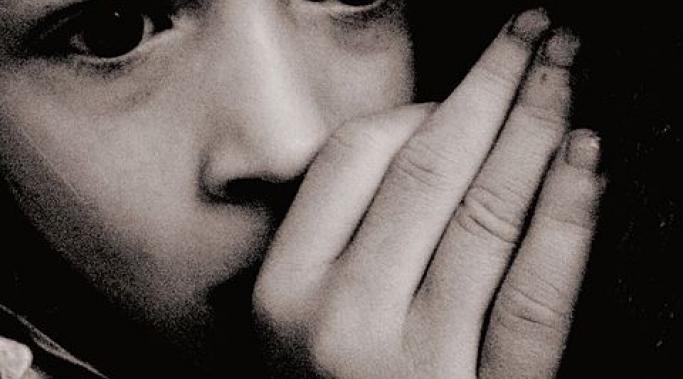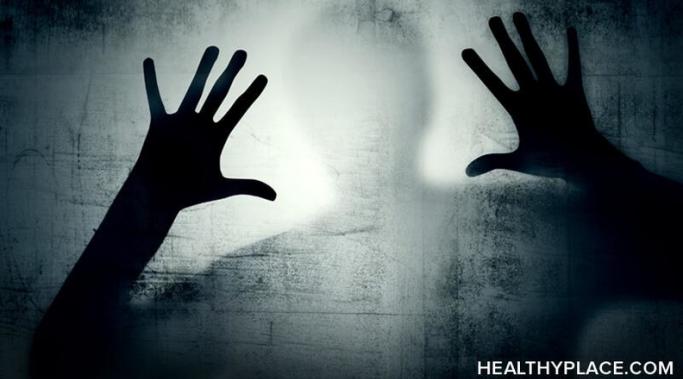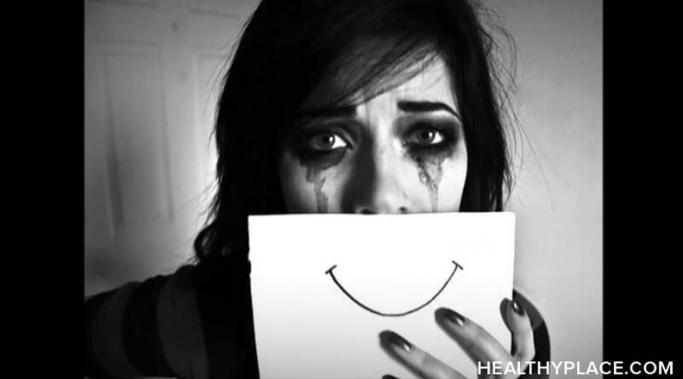This is a hard piece for me to write because it involves recognizing emotional abuse and the events leading up to my diagnosis of borderline personality disorder (BPD) and complex post-traumatic stress disorder (PTSD). It may be triggering to fellow survivors of emotional abuse. If you aren't in a place where you can read about it, don't read this piece. It's okay not to be ready to face your past by hearing about mine.
More than Borderline
There are positive and negative coping skills you can use when you're stressed. As a person with borderline personality disorder (BPD), I have to work especially hard to use the positive coping skills. The negative coping skills, such as self-harm, are my default coping skills. Recently I've learned a few things that make choosing the positive coping skills easier.
In The Screwtape Letters, C.S. Lewis wrote
There are two equal and opposite errors into which our race can fall about the devils. One is to disbelieve in their existence. The other is to believe, and feel an excessive and unhealthy interest in them.
Sometimes religious people can fall into the latter category, seeing demons behind every coffee cup--especially when it comes to demons of mental illness in general and borderline personality disorder (BPD) in particular.
Spirituality can ease the pain of mental illness, but where should clergy start when working with someone with severe mental illness? Here are some suggestions for clergy members who wish to help people with mental illness and their families.
According to HealthyPlace.com, the National Association of Psychiatric Health Systems reports that 88 percent of their member hospital admissions are voluntary. However, that other 12 percent does exist. Sometimes a person is so incapacitated by their mental illness that he/she may not recognize the need for inpatient treatment. In cases like these, involuntary treatment may become necessary.
Can we be addicted to self-injury? Could the act of self-harm effect us like alcohol or a drug? Recently my therapist and I have begun to work on my addiction to alcohol. One session went particularly rough and left me craving a stiff drink. However, I also wanted to self-injure. It was my way to cope, my way to deal with the pain. I then asked, "Could I be addicted to cutting?" Is it possible to be addicted to self-harm?
The good news is there is hope. BPD is treatable. However, it is useful to know if you fall into a subtype in order to better communicate with your mental health professional. You may not know where you fall, and you may not fall into one of those categories--that's okay. What's important is that you understand your diagnosis, in order to improve the outcome of treatment.
We're not doomed to go through life constantly ready to explode.
Many people with borderline personality disorder (BPD) have suffered from a traumatic event. As a result, their BPD symptoms are sometimes triggered by reminders of the trauma. Triggers can result in a flare-up of BPD symptoms, ranging from a mild depression to a suicidal crisis. So how do you face them?
Even a bad decision has its usefulness! More Than Borderline's Becky Oberg talks about how bad decisions give us the experience to make good decisions.







